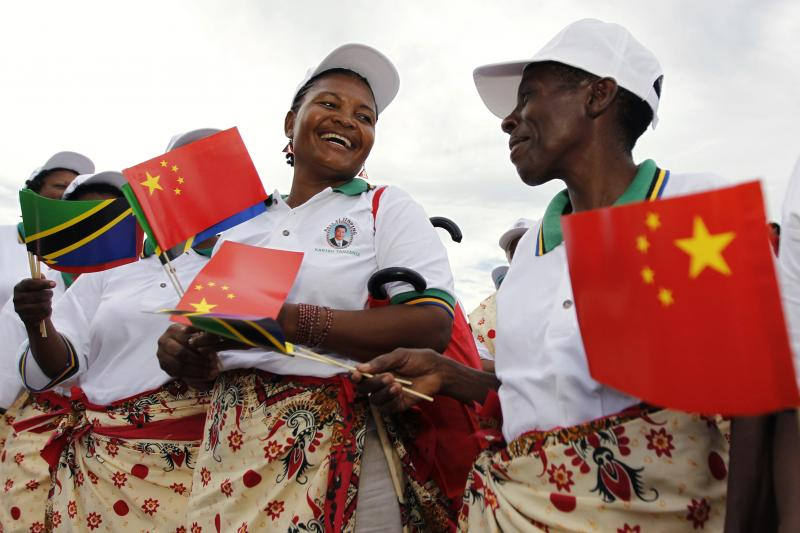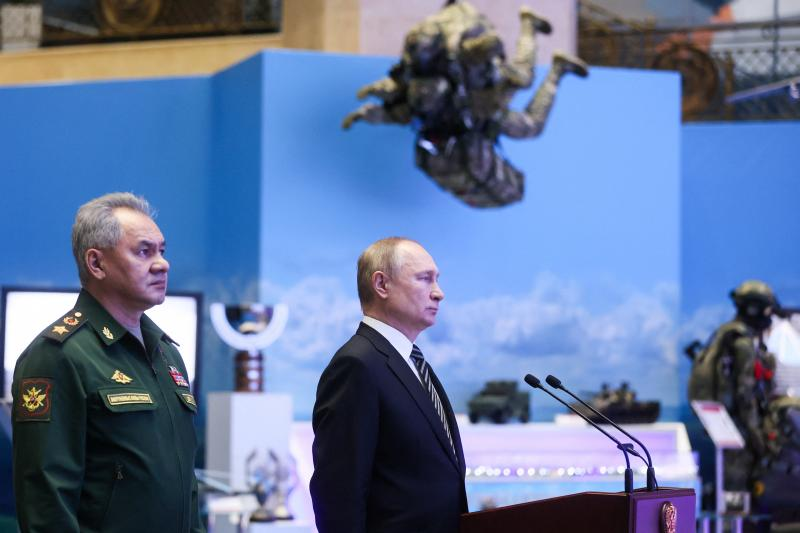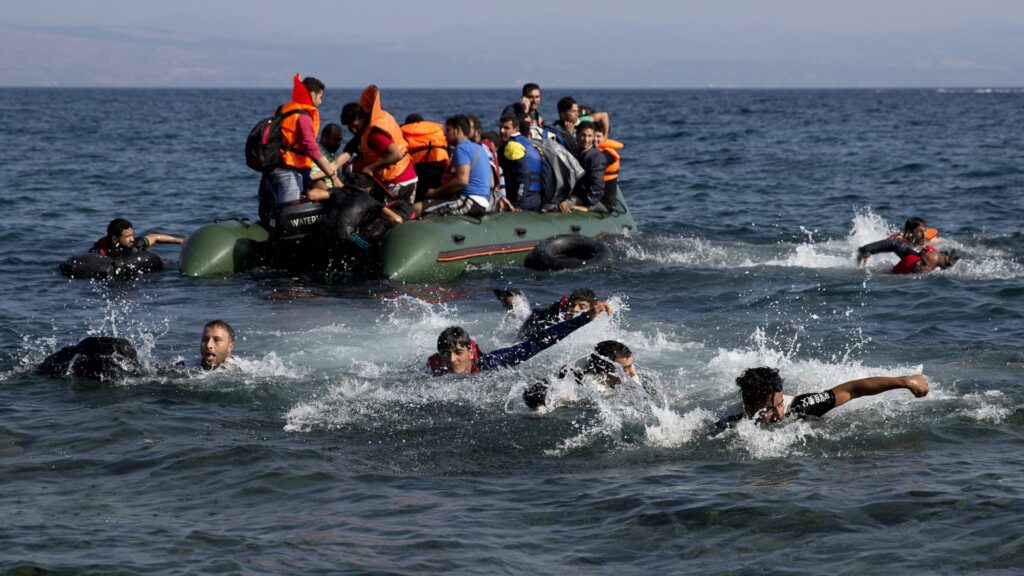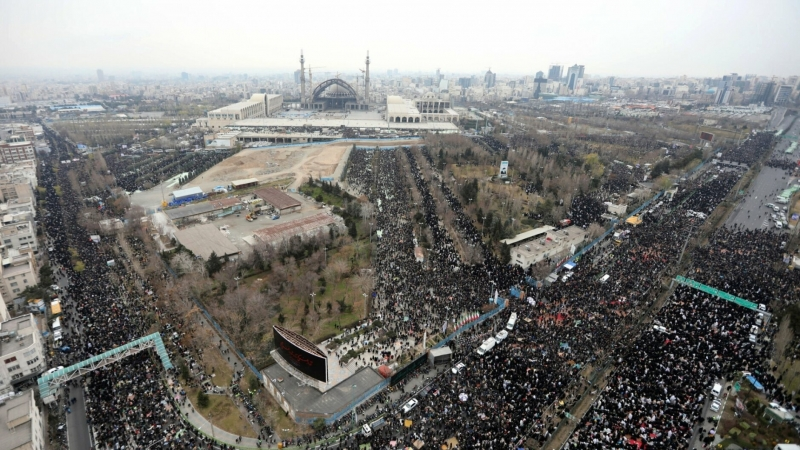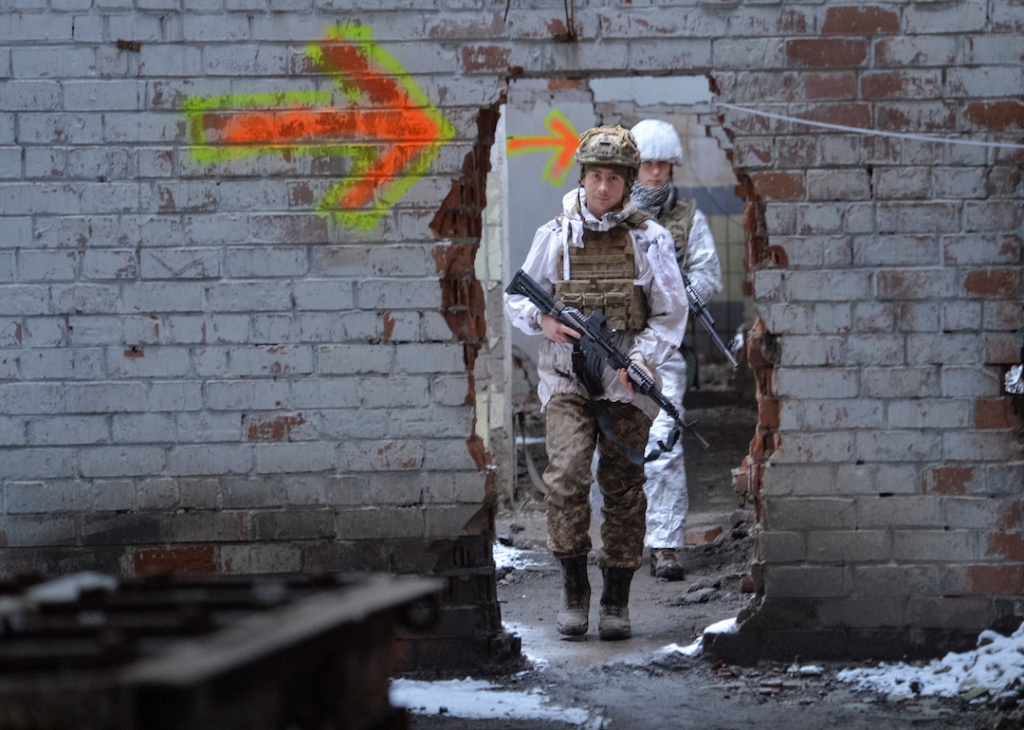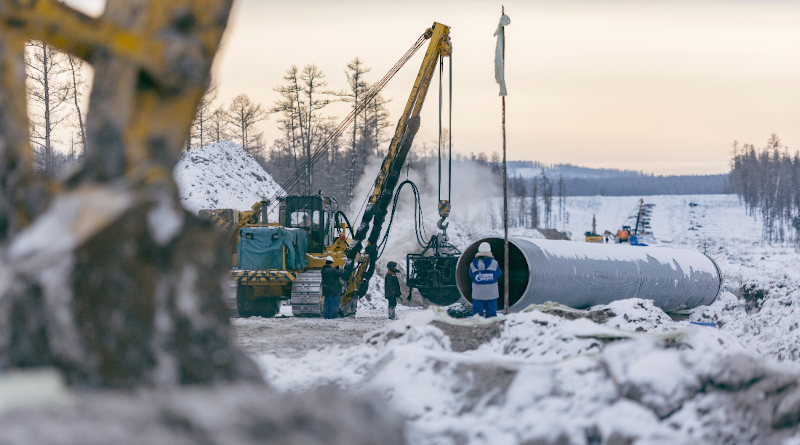The Extrajudicial Killing of General Soleimani, and the Right to Life under International Law

Abstract
On 3rd January 2020, Iranian General, Qassem Soleimani was assassinated in Baghdad under the orders of Former President Donald Trump. Trump argued that Iran was planning an imminent attack, although till today no proof of this claim has been provided by the US. Experts in international law have highlighted that the targeted killing of Soleimani was neither legal, nor necessary. The US failed to prove that Soleimani was a threat, that he was involved in terror operations, or that killing Soleimani was necessary to avert other terror attacks. This paper will examine the arguments presented by Trump, analyse the right to life under International human rights law, and explore the challenges presented by America’s war on terror campaign with respect to human rights and state sovereignty.


